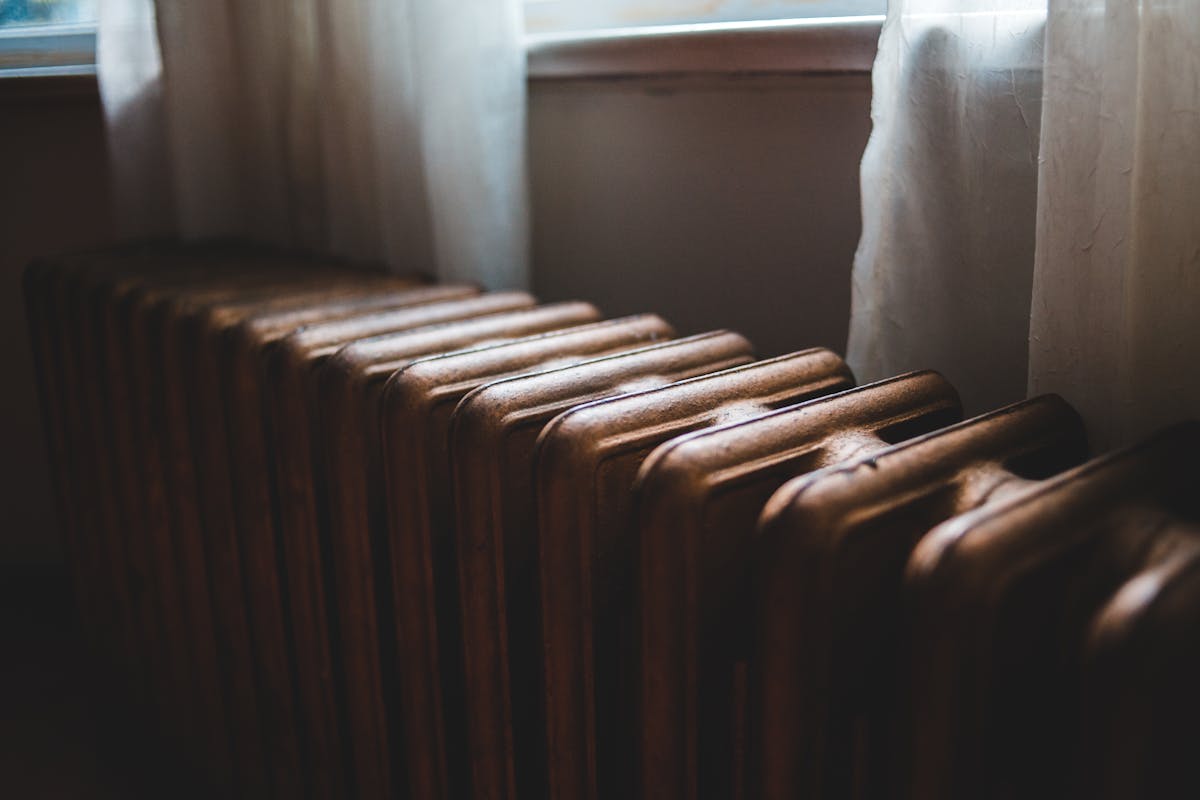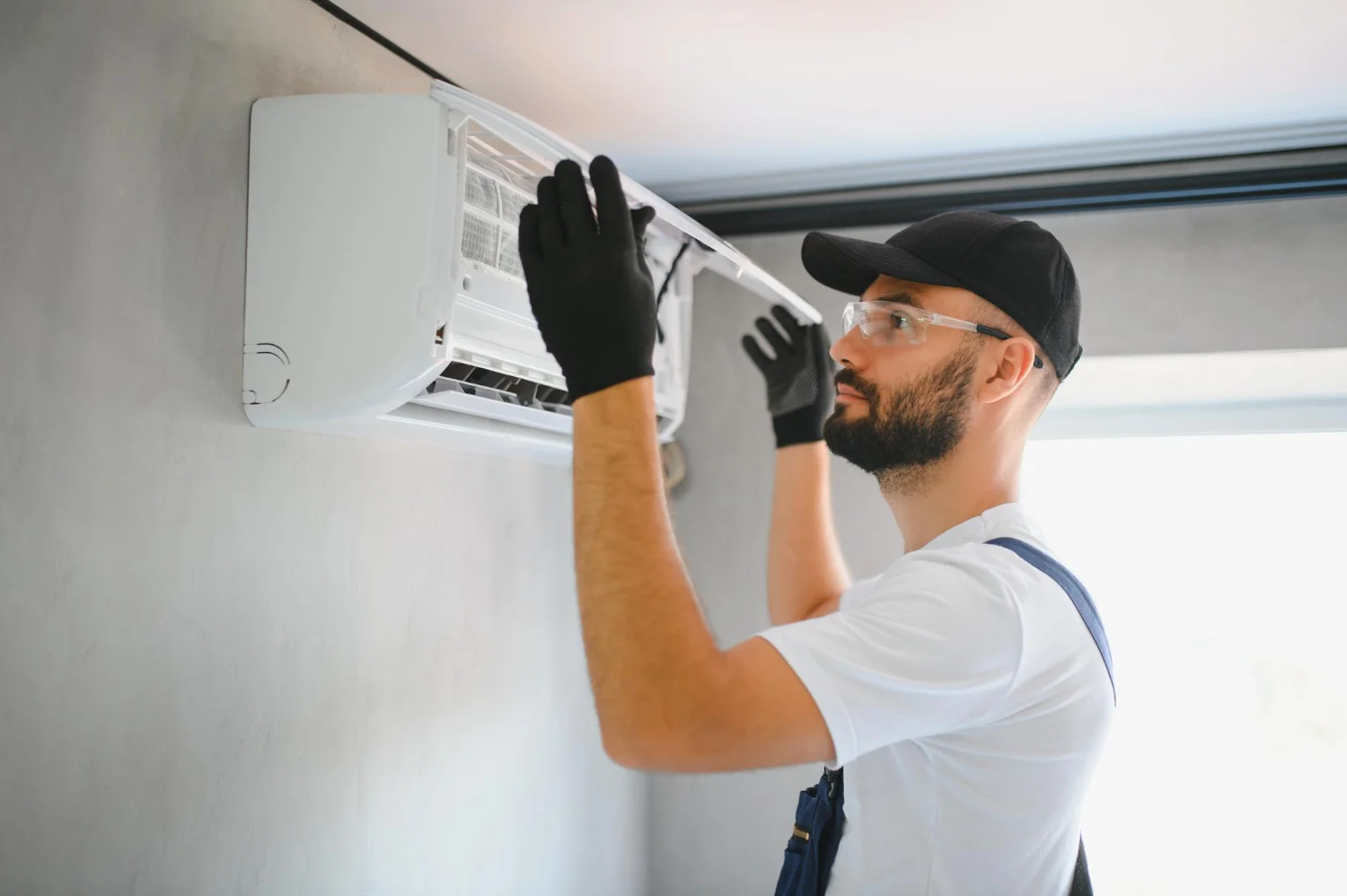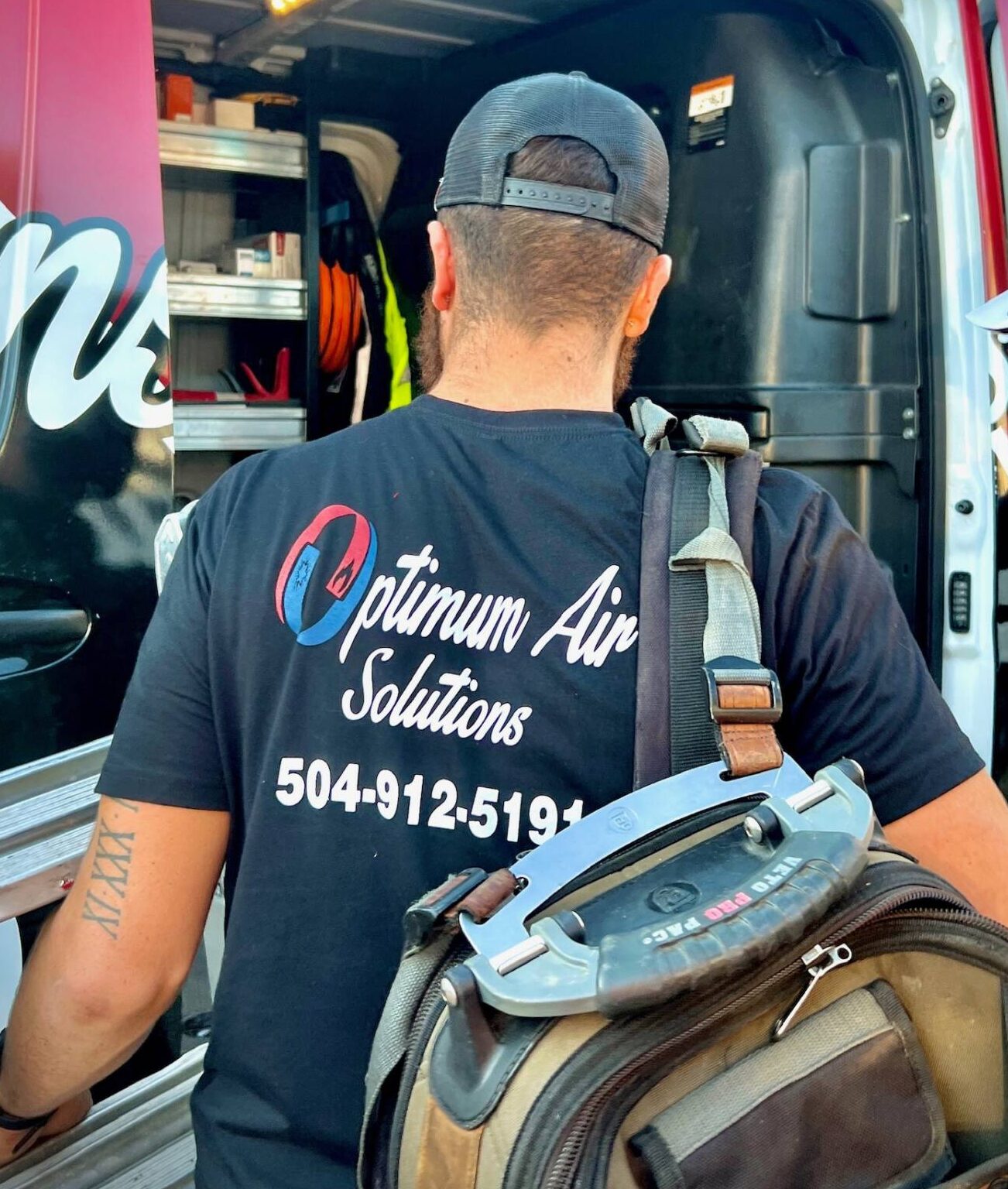
Are you feeling the chill despite your heating system installation efforts? It’s frustrating when you have invested in a central heating system, yet it fails to deliver the warmth and comfort you expect.
But fear not, because you are not alone in this struggle. Many homeowners face similar issues, whether it’s uneven heating, high energy bills, or simply a system that doesn’t seem to perform optimally.
Fortunately, this article is here to be your guiding light through the maze of central heating installation. We are going to give you 10 most important tips to help you make the most out of your central heating system installation.
The Importance of a Central Heating System Installation
Before getting straight to the tips for a successful heating system installation, it’s better to first understand the importance of such an installation.
A central heating system isn’t just about keeping your home warm during chilly months; it’s a crucial aspect of your overall comfort and well-being. Proper installation ensures efficient distribution of heat throughout your home, maintaining a consistent and comfortable temperature in every room.
Additionally, a well-installed system can significantly reduce energy consumption, leading to lower utility bills and a smaller carbon footprint.
Beyond mere comfort and energy savings, a properly installed central heating system also contributes to the longevity of your home’s infrastructure.
By effectively regulating indoor temperature and humidity levels, it helps prevent issues such as mold growth, wood rot, and damage to electronic devices. Moreover, a comfortable living environment promotes better health and productivity for you and your family.
Now that we have established the importance of a central heating system installation, let’s get into some practical tips to ensure its success.
10 Tips for a Successful Central Heating System Installation

So here are the 10 helpful tips for a successful central heating system installation.
1. Plan Ahead
Planning is essential to avoid costly mistakes during the installation process. Consider factors such as the layout of your home, the number of rooms, and any potential future expansions or renovations. Think about where heating components will be located and how they will be integrated into your existing infrastructure.
2. Choose the Right System
The choice of heating system depends on various factors such as your budget, the climate in your area, and the size of your home. Traditional boiler systems are reliable and effective in colder climates, while heat pumps offer energy efficiency and versatility in moderate climates.
3. Professional Assessment
Hiring professionals to assess your home’s heating needs is crucial. They can accurately determine the appropriate size and type of heating system required, taking into account factors such as insulation, window quality, and air leakage.
4. Proper Sizing
An improperly sized heating system can lead to inefficiency and discomfort. HVAC professionals use Manual J calculations to determine the correct size based on factors like the home’s square footage, insulation levels, and window types. Oversized systems may short cycle, leading to higher energy bills and premature wear and tear, while undersized systems struggle to maintain comfortable temperatures.
5. Efficient Distribution
Proper distribution of heat is essential for maintaining comfort throughout your home. Depending on the layout, you may opt for forced-air systems with strategically placed vents, radiant heating systems with underfloor or wall-mounted panels, or hydronic systems with radiators or baseboard heaters. Each option has its advantages and considerations.
6. Insulation Upgrade
Improving insulation is one of the most cost-effective ways to enhance the efficiency of your heating system. Insulation helps reduce heat loss through walls, floors, and roofs, ensuring that the warmth generated by your heating system stays inside your home. Consider upgrading insulation in attics, crawl spaces, and exterior walls for maximum effectiveness.
7. Quality Installation
Proper installation is critical for the performance and longevity of your heating system. Experienced HVAC technicians follow manufacturer guidelines and local building codes to ensure safe and efficient installation. They carefully size and install ductwork, pipes, and equipment to minimize energy loss and maximize airflow.
8. Regular Maintenance
Regular maintenance is key to keeping your heating system running smoothly. Schedule annual tune-ups with a qualified technician to inspect and clean components, check for leaks or damage, and optimize performance. Routine maintenance not only improves efficiency but also helps prevent costly repairs down the road.
9. Energy Efficiency
Investing in energy-efficient components and controls can significantly reduce your heating costs. Programmable thermostats allow you to schedule heating cycles based on your daily routine, optimizing comfort while minimizing energy usage. Zone control systems enable you to heat specific areas of your home independently, reducing wasted energy in unoccupied spaces.
10. Safety First
Safety should always be a top priority when installing and operating a heating system. Ensure that all equipment is installed according to manufacturer instructions and local codes.
Install carbon monoxide detectors near sleeping areas and fuel-burning appliances to detect any leaks promptly. Additionally, keep flammable materials away from heating equipment and have chimneys and vents inspected regularly to prevent carbon monoxide buildup.
By considering these tips in detail and working with qualified professionals, you can ensure a successful central heating system installation that provides efficient, reliable, and safe warmth for your home.
Searching for a Professional Heating System Installation Service?
Are you in search of a reliable and professional heating system installation service? Look no further than Optimum Air Solutions! With years of experience and a commitment to excellence, we are your go-to experts for all your heating needs.
At Optimum Air Solutions, we understand the importance of a properly installed heating system. That’s why our team of skilled technicians is dedicated to providing top-notch service, from initial assessment to final installation. Whether you’re looking to upgrade your current system or install a brand-new one, we have the knowledge and expertise to get the job done right.
We offer a wide range of heating solutions to suit your needs and budget, including traditional boiler systems, heat pumps, and more. Our professionals will work closely with you to determine the best system for your home, taking into account factors such as size, layout, and energy efficiency.
Don’t let the cold weather catch you off guard, trust Optimum Air Solutions for your heating system installation in New Orleans. Contact us today to schedule a consultation and take the first step toward a warmer, more comfortable home!
Final Words
So, a successful central heating system installation is not just about warmth; it’s about ensuring your home is a haven of comfort, energy efficiency, and safety.
By understanding the importance of proper installation and following these ten tips diligently, you can transform your home into a cozy retreat while also saving on energy bills and reducing your carbon footprint.
continue reading
Related Posts
“Comfort is priceless, but your AC shouldn’t be.” When the
“If you think nobody cares about your air quality, try





